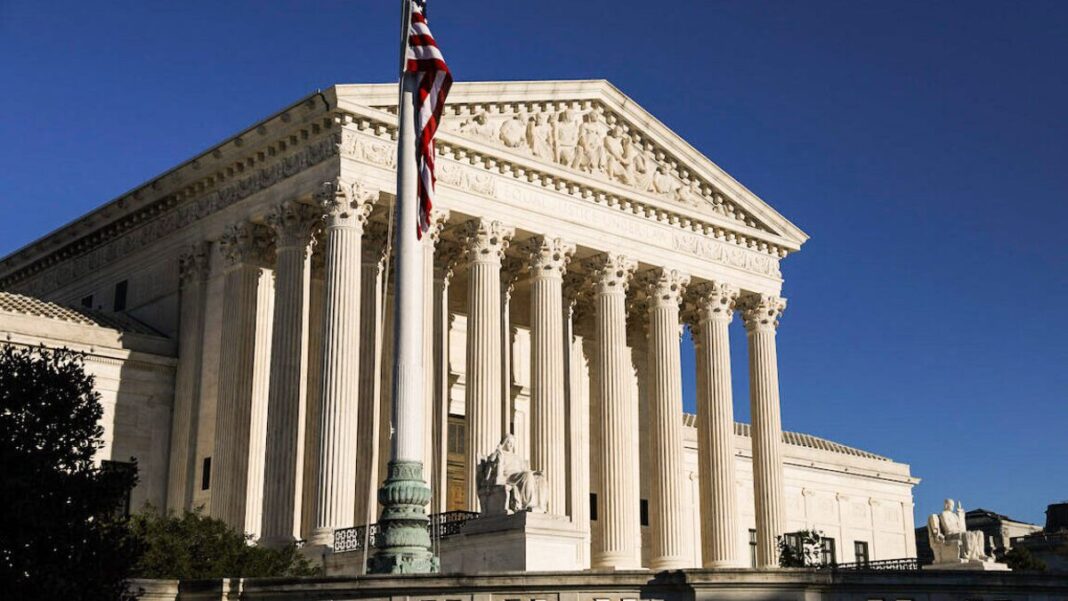The future of racial quotas in university admissions will depend largely on the outcome of one of the most hotly disputed and closely watched cases of the Supreme Court’s new term.
On Oct. 31, the court is scheduled to hear oral arguments in the long-running case of Students for Fair Admissions (SFFA) v. President and Fellows of Harvard College, which will address the use of race-based admissions policies not only at Harvard but at the University of North Carolina (UNC) at Chapel Hill.
The lawsuit, which seeks to overturn the 2003 ruling in Grutter v. Bollinger permitting universities to consider race in admissions decisions with the aim of augmenting diversity, began as two separate legal actions against the two institutions. Their contention was that such discriminatory policies unfairly disadvantage Asian American applicants (and, in the case of UNC, white applicants), violating Title 6 of the Civil Rights Act of 1964.
In January, the court consolidated the two actions into a single lawsuit, only to split them up again in order to allow new Justice Ketanji Brown Jackson, who has served on Harvard’s board of overseers, to participate in the UNC case while recusing herself from the one involving Harvard.
During her confirmation hearings, Jackson gave assurances to Sen. Ted Cruz (R-Texas) that she would stay out of the Harvard case to avoid a conflict of interest.
Harvard’s Woes
The case has drawn national attention and, in the case of Harvard, proved to be a major headache when it emerged that the university missed the deadline for filing a claim with its excess insurance provider, Zurich American Insurance, for coverage of legal costs. As a consequence of its sloppiness, the university risks being unable to recoup an additional $15 million in legal fees, after the school exhausted its $25 million claim limit with its primary insurer.
Edward Blum, founder of SFFA, described the universities’ stances as “adversarial.”








